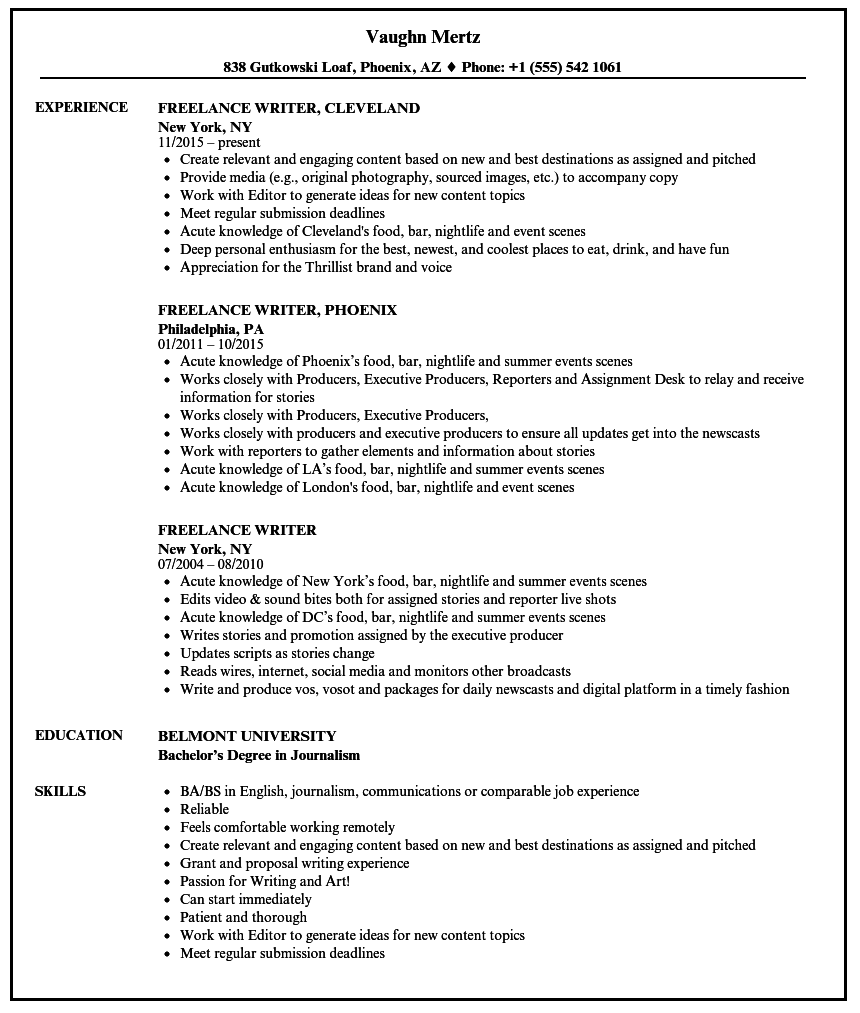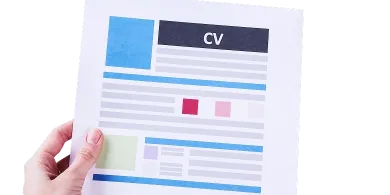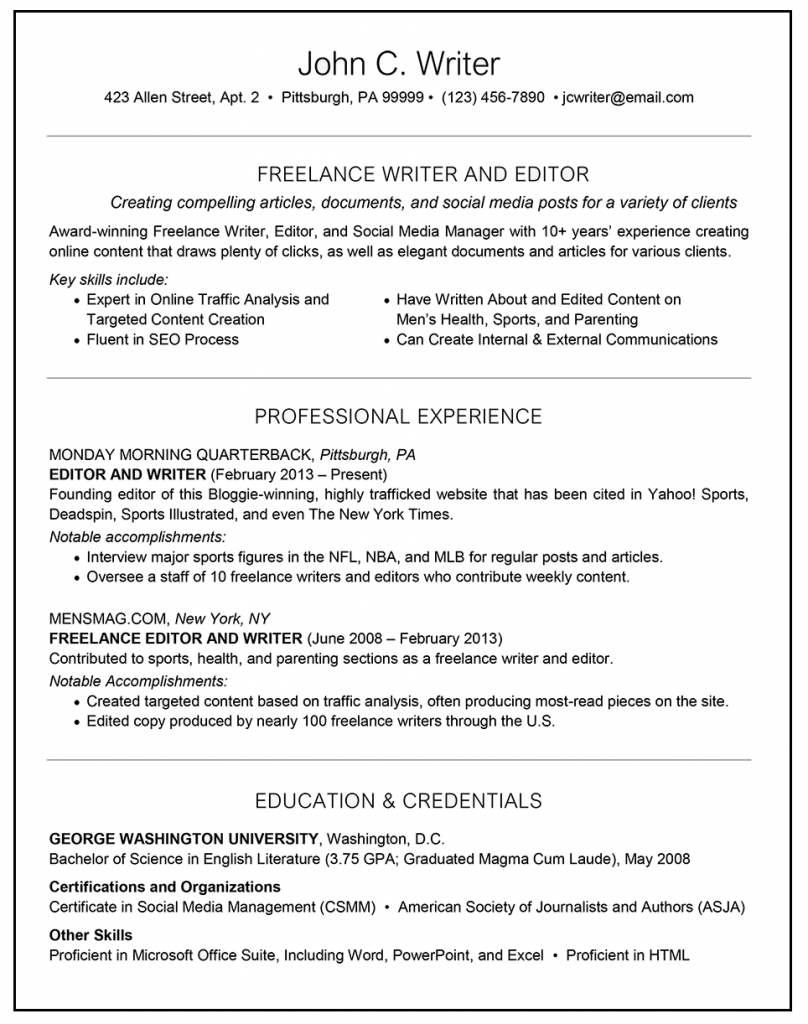Table of contents

Active people usually get involved in different types of freelance work.
It can be any paid job, project, or other activity. These job seekers have some privilege over others, who tend to laze during unemployment gaps.
Nevertheless, the role of freelance jobs is ambivalent due to the uncertain attitude of different employers. Side activities can be considered as professional development or as employment gaps.
Therefore, listing such work in your resume may be a questionable decision. You may be certain about mentioning your freelance job when you can answer the following questions
In other words, your freelance experience should be relevant – only this way it can help you.
If you decided to list your freelance work on a resume, checking out the following tips is crucial. It is ok not to have any idea about how to produce a quality and outstanding resume today.
Just be sure to draw your attention to reliable companies such as the online resume service Resume Writing Lab, which are real professionals in the resume writing field. Then, move to the most exciting part of our article – how to put freelance work on a resume.

There are two essential aspects of listing freelance work on a resume. It is important to list your latest or current projects first and then move to the previous ones.

This approach is good when you usually work with the same clients. It is great if you can mention several clients while not expanding your list to eternity.
For long-term freelance jobs, such an approach is less suitable as these jobs act as simple jobs of a simple employee. The only thing – you aren’t an employee. Still, it has a clear position and title as well as a regular one.
The second important aspect covers your business name. A business name might be either for people from a constant freelance field or people from a specific field with specific features.
For instance, if you organize weddings, birthdays, and other events, you may mention that you are a “Freelance Creative Arranger/Organizer”.
Surely, if it’s possible, you should alter your resume so it will suit your targeted position. Additionally, it is never a bad thing to have several resume versions that can give you a few extra points.
Most of people pay too much attention to how to show freelance work on a resume forgetting about the title. Unfortunately, the word “freelance” in the business world can have a slightly negative meaning.
No need to agree to this stereotype. Just brainstorm a couple of suitable synonyms such as “self-employed”, “independent performer”, or “autonomous professional”.
If you choose the word “freelance”, it’s better to add a specific work you performed. It would be really good if the work manages to impress your potential employer.

Putting freelance work on a resume sometimes requires a separate section and it’s okay. The only thing is how you will create it.
Your freelance section must contain works that you performed, clients or companies you worked with, and the period during which you worked on the project.
The name of your section must contain your business name or the name of the position. If the company doesn’t have any name, mention its peculiarities, conception, and field of work.
You might even use the resume template for this purpose but be sure to read myths about resume templates to avoid any possible mistakes.
The best way to prove that freelance work is worth mentioning is the outstanding results, which will define your professional competence.
A good option would be to describe or enclose the projects you created with the help of leaving links for videos or presentations or simply doing it in words.
There are numerous things to avoid on your resume. But when it comes to listing your freelance experience, be sure to take down:
In other cases putting your freelance work on the resume is a reasonable idea. Especially, if you are proud of the projects and are sure that they are worth mentioning!
+ Top 5 Freelance Websites: